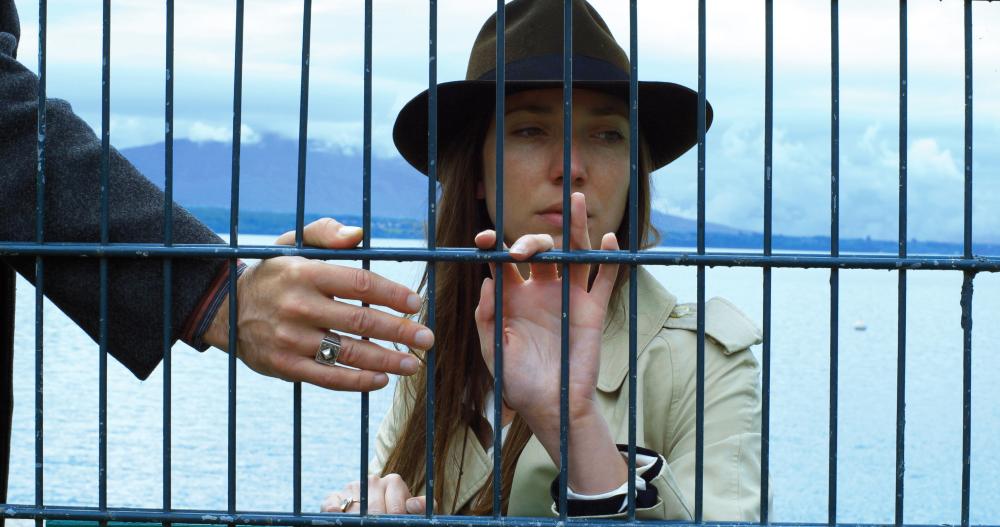
According to Oxford Dictionary, ‘profound’ as an adjective means “(of a state, quality, or emotion) very great or intense,” which sounds just right. Derived from Old French ‘profund’ and from Latin pro ‘before’ + fundus ‘bottom,’ the word was used earliest in the sense of “showing deep insight.” That’s what a good movie does. It demonstrates a deep insight into human nature.
It makes us question the life around us, and urges us not to take anything at face value. But once in a blue moon, there are great movies. Movies that are more profound than others, because they have that magical technique. Let’s take a look at some of them that were produced in this century, shall we?
10. My Life Without Me – Isabel Coixet
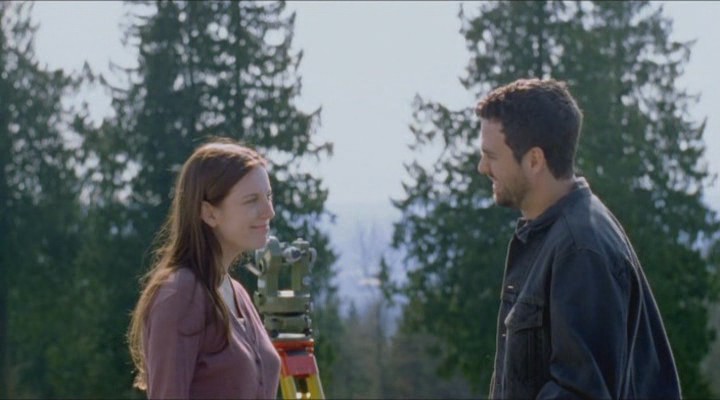
A woman’s story in the capable hands of a female director? What more can you ask for? Apparently even this is too much to ask for, because let’s be honest, we hardly get to see this. Not that there aren’t enough women’s stories… not that there are no capable female directors… so what is the reason? While you think about that, I will tell you about Coixet.
The director who won big at this year’s Goya Awards with her new movie “The Bookshop” has a tendency for making movies that flow with ease. She loves cinema and is confident in her craft. These qualities are written all over her filmography.
In Ingmar Bergman’s “Cries and Whispers,” the dying woman writes, “This is happiness. I cannot wish for anything better. I feel profoundly grateful to my life, which gives me so much.” Things don’t go like this exactly for Coixet’s protagonist Ann. She is 23 years old, has two children, and a husband who is usually unemployed. They live in a trailer in Vancouver.
However, everything changes completely when the doctor tells Ann that she has very little time left on this earth. Learning that she has two months to live, Ann decides not to tell anybody – not even her husband – about her illness. She doesn’t want people to be obsessed with her death. She starts to make a list of things to do before dying, which she completes little by little. A bucket list, essentially. But in doing so, Ann discovers an appetite for life that urges her to live her remaining days with an intensity she had never known before.
It is unbelievably profound, because it searches for the meaning of one’s life. It makes us question our own life and maybe drives us to do our own list of brave things to do before dying. Really, what would you do?
9. The Wild Pear Tree – Nuri Bilge Ceylan
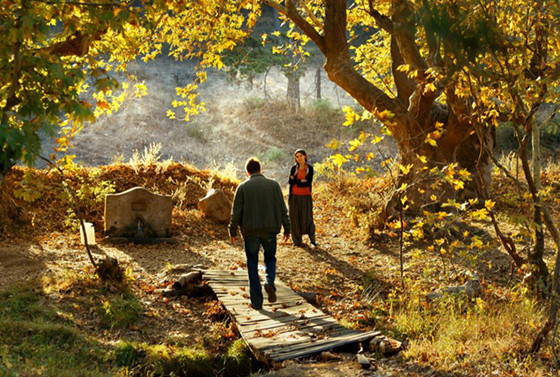
One of the most accomplished directors of our time, Nuri Bilge Ceylan has a reputation for his love of Chekhov, Dostoevsky, and of course, Andrei Tarkovsky. The director of “Once Upon a Time in Anatolia” and the Palme d’Or winner “Winter Sleep” generally constructs serious character studies that have long pauses and grim exchanges, but this movie is nothing like that. With “The Wild Pear Tree,” Ceylan shows us a witty side of his personality. However, it doesn’t mean that the movie is less profound than the previous ones.
On the contrary, it paints a landscape of Turkey and its people. What is it really like to live on this land that is stuck between the East and the West? What fates are awaiting us? These are some of the many questions he asks during the movie’s three-hour duration.
While Ceylan tends to deal with the conflicts and regrets of middle-aged men, this one focuses on a young archetype — the curious young man who aspires to become a writer. Unfortunately, Sinan (Doğu Demirkol) is not very fortunate in that area. Hence his disillusionment.
As the film goes through many aspects of Sinan’s frustrations, it boils down to his anger toward his father, İdris. Murat Cemcir, known for his comedic roles, is an exceptional casting as Dad. This man who has lost his dignity, has no authority at home and loves his dog — the only one who doesn’t judge him — seems to represent something more.
“To survive in Turkey, you need to adapt,” warns the İmam, but İdris simply can’t. Will Sinan? That’s the question that we search for at the bottom of a well. You’ll understand what it means when you watch the movie.
8. A Serious Man – Coen Brothers
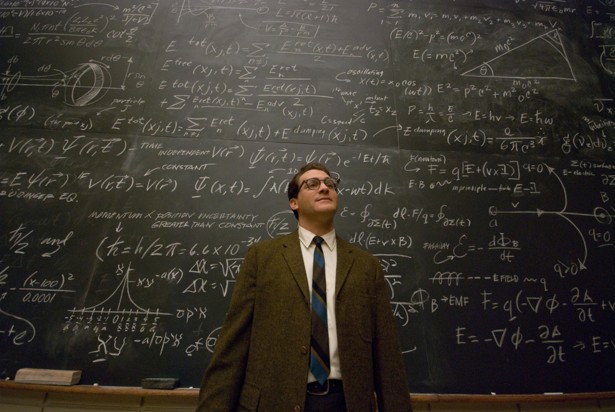
The Coen brothers are one of my favorite pairs of people on this earth. They are darkly funny, incredibly smart, and have absolutely the best taste when it comes to actors. Here they have Michael Stuhlbarg as the lead, before he was in three Oscar nominated movies in the same year. So they know talent when they see it. Just take a look at Frances!
In “A Serious Man,” they make us and Larry Gopnik face philosophical musings. He lectures on physics in front of a blackboard filled with equations that are mathematical proofs approaching certainty. But in his real life, he couldn’t be further from that. The ground upon which he stands on threatens to fail him. An impending divorce? Check. Creepy neighbors? Check. Unruly relatives? Oh yes, sir. We have that on the menu as well.
All Larry wants is to be seen as a serious man, but it really feels like someone up there hates him. Have I told you that this movie is funny? I should, because it is. It makes you smile while making you think. It’s the best kind, no?
7. Incendies – Denis Villeneuve
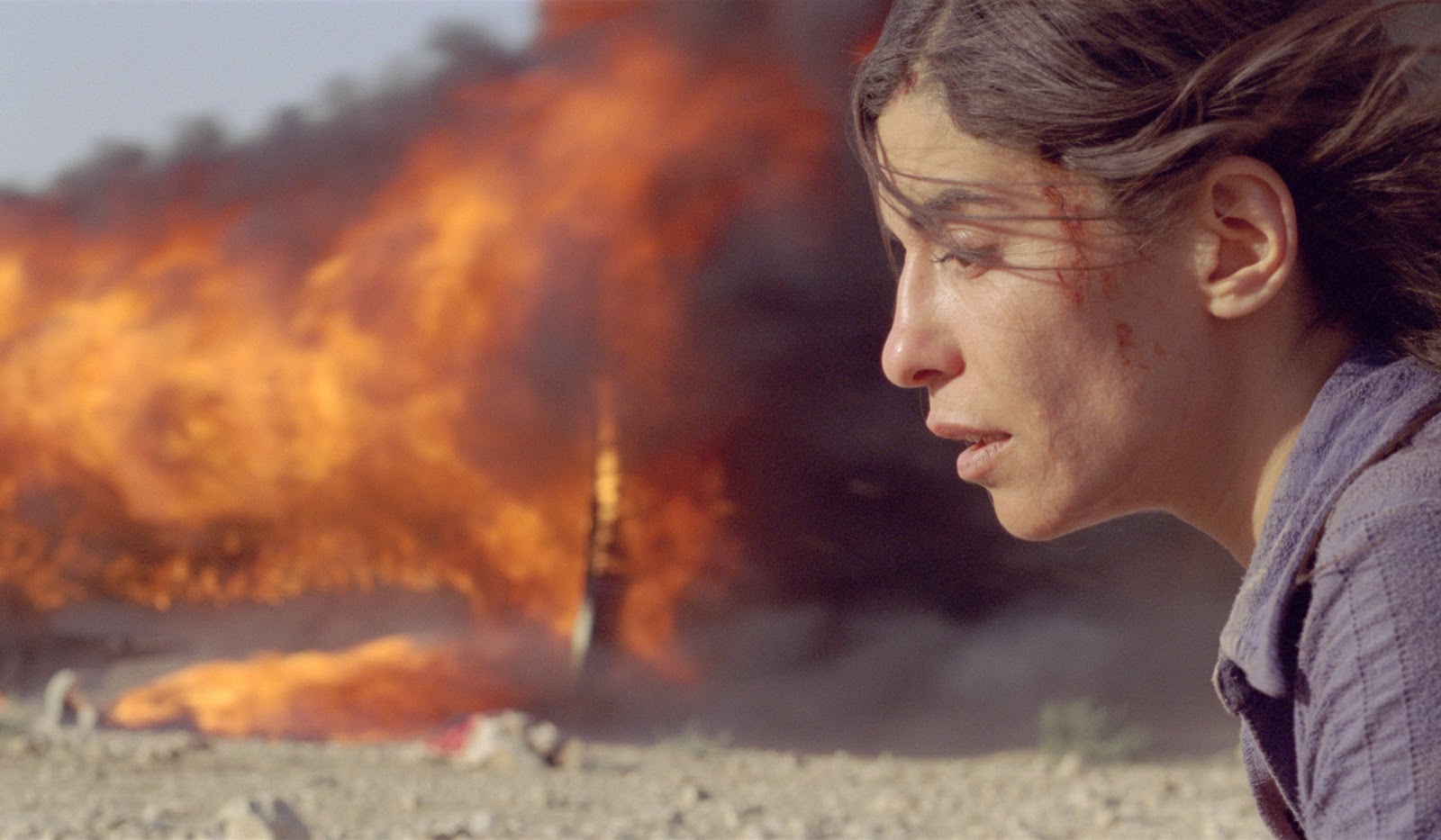
This is a movie that certainly makes nobody smile. When I think about this one, I get chills. I truly shiver because it’s one tragic story. One line that makes your skin crawl is this: “One plus one, does it make one?” Even years after watching this, it still horrifies me. The meaning behind those words.
Denis Villeneuve elevated his career with this heart-twisting drama. After the death of their mother, twin siblings receive two letters. Jeanne is asked to give hers to the father they never knew. Simon is told to give his to a brother they didn’t know they had.
The movie has the makings of a thriller, but it wants to be much more than that and succeeds in showing how senseless it is to hate others because of their religion. The Middle Eastern part of the story contemplates that. It is such an important work of art. The later films of Villeneuve, although they are quite amazing, don’t have the same emotional burden as this one.
It is a profound movie that will forever be remembered and will continue to traumatize everyone who watches it. Quite frankly, we should be traumatized, because these kinds of stories happen in real life. Women go through unbelievable stuff everywhere. It’s about time we – and cinema – acknowledge this fact.
6. Yi Yi – Edward Yang
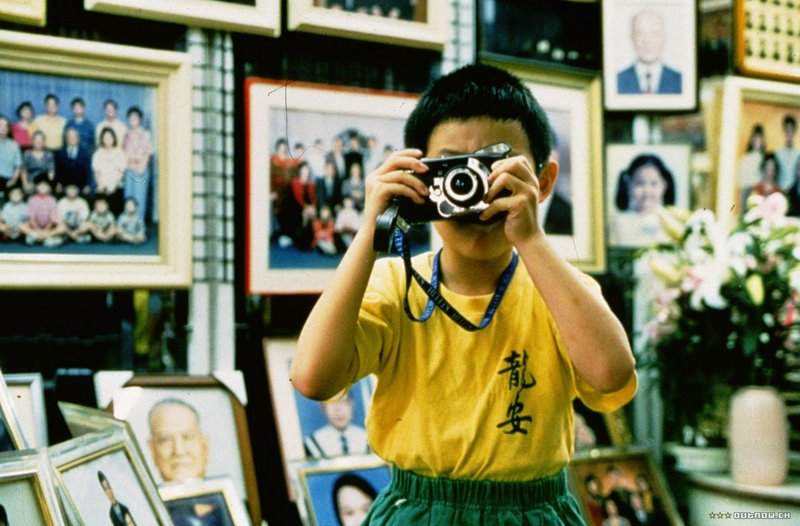
Taiwanese director Edward Yang pulls us into the story of Jian family. Set in Taiwan, the movie follows the lives of the family from the perspectives of the three family members: father N.J., teenage daughter Ting-Ting, and young son Yang-Yang. It is a portrait of three generations of a Taiwanese family, surely successful, but haunted by lost opportunities and doubts about the purpose of life.
The movie is about the currents of life. Not in a Bergmanesque way. The family lives in the chaos of everyday activity. The grandmother is in a coma. But in the same movie, Yang-Yang drops a water balloon on the wrong person. Some scenes are almost slapstick comedy. Other scenes show the characters through the cold windows of skyscrapers, basking in fluorescent lights, their business lacking heart.
The flower is the symbol of Ting-Ting’s search for inner peace. Her classmates laugh at her for overfeeding it, but the plant comes back to life after an encounter with her grandmother. It’s a divine moment that conveys the transcendence of the flesh and the flow of energies between the living and the dead. It is the essence of Yang’s masterpiece, a film whose profound emotional and cultural resonance brings to mind Robert Altman’s movie “Short Cuts.”